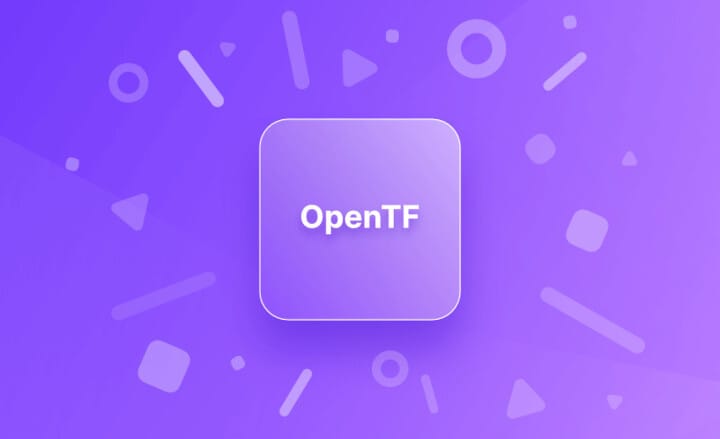
The OpenTF Foundation didn't want to fork Terraform, but HashiCorp gave it no choice. HashiCorp's recent decision to shift Terraform licensing to the non-open-source Business Source License (BSL) is fixed in stone. Thus, as the OpenTF Foundation said it would in the OpenTF manifesto if HashICorp refused to return Terraform to the Mozilla Public License (MPL) v2.0, the newly formed foundation is forking the code.
Or, did they? Scalr CEO Sebastian Stadil told The Register, “Our view is that we’re actually not the fork because we’re just changing the name, but it’s the same project under the same license. Our position is that the fork is actually HashiCorp that has forked its own projects under a different license.”
Stadil has a point.
Whatever you want to call it, the newly minted Foundation's manifesto has garnered over 32,000 GitHub stars.. It also has backing from over 100 companies, 10 projects, and 400 individuals and has clear objectives. These are
True Open Source: A stable license that won't undergo abrupt changes.
Community-Driven: A project governed by its users, ensuring merit-based contributions and a transparent RFC process.
Impartiality: Features and fixes will be accepted based on their value to the community, not any specific vendor.
Modularity: A structure that encourages further development and integration.
Backward Compatibility: Ensuring longevity and relevance of existing code.
Furthermore, the OpenTF Foundation doesn't want to reinvent the foundation wheel. So, the OpenTF will join the Linux Foundation. The specific plan is to connect with the Cloud Native Computing Foundation (CNCF). This move ensures OpenTF remains vendor-neutral and genuinely open-source.
They're not sitting on their hands. Four companies—env0, Harness, Scalr, and Spacelift—have already pledged the equivalent of 18 full-time engineers to OpenTF
This team has almost completed setting up the OpenTF repository. The repository will be public shortly, with releases to follow soon. They've also set up the initial continuous integration and delivery (CI/CD) pipelines and testing harnesses to ensure backward compatibility.
The first release, 1.6.0-alpha, is being forked from Terraform's last MPL-licensed commit. I expect to see it out sometime in September 2023.
In short, despite what some critics say is a foredoomed effort to fork Terraform, this is a real community effort with numerous companies and individuals behind it.
Open-source leaders such as Kelsey Hightower, a former Google Cloud distinguished engineer, have lauded the community's response. "The Terraform situation, and the community's response, demonstrates the power of open source. The original maintainers made a decision a subset of their community doesn't agree with, they forked the project, and will continue building in a foundation."
True, as MongoDB’s Matt Asay pointed out, none of the major cloud providers are on board with OpenTF yet, but it's far from "wholly impractical." The project is literally just days old.
Give it time! I remember when all open-source projects were considered silly. Linux! Ha, it couldn't possibly compete with the likes of AIX, HP/UX, or Solaris! Now, most of you have never even seen those once popular operating systems, much less use them!
In addition, OpenTF already has a market that has proven to be worth billions! While Terraform remains a standard in the infrastructure-as-code market, OpenTF promises to be a fully-compatible, open-source alternative
And, in the meantime, HashICorp isn't doing itself any favors. In a recent video interview, which has since been made private, HashiCorp CEO Dave McJannet repeatedly refers to his open-source strategy as "malicious." This is not the way to make and keep friends with the people who literally built your software for you.
As the Oxide and Friends podcast recently pointed out, with attitudes like that, a fork can replace HashiCorp Terraform.
Noteworthy Linux and open-source stories:

